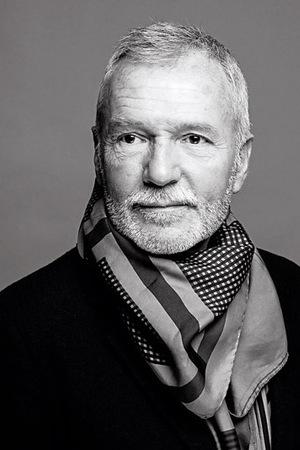
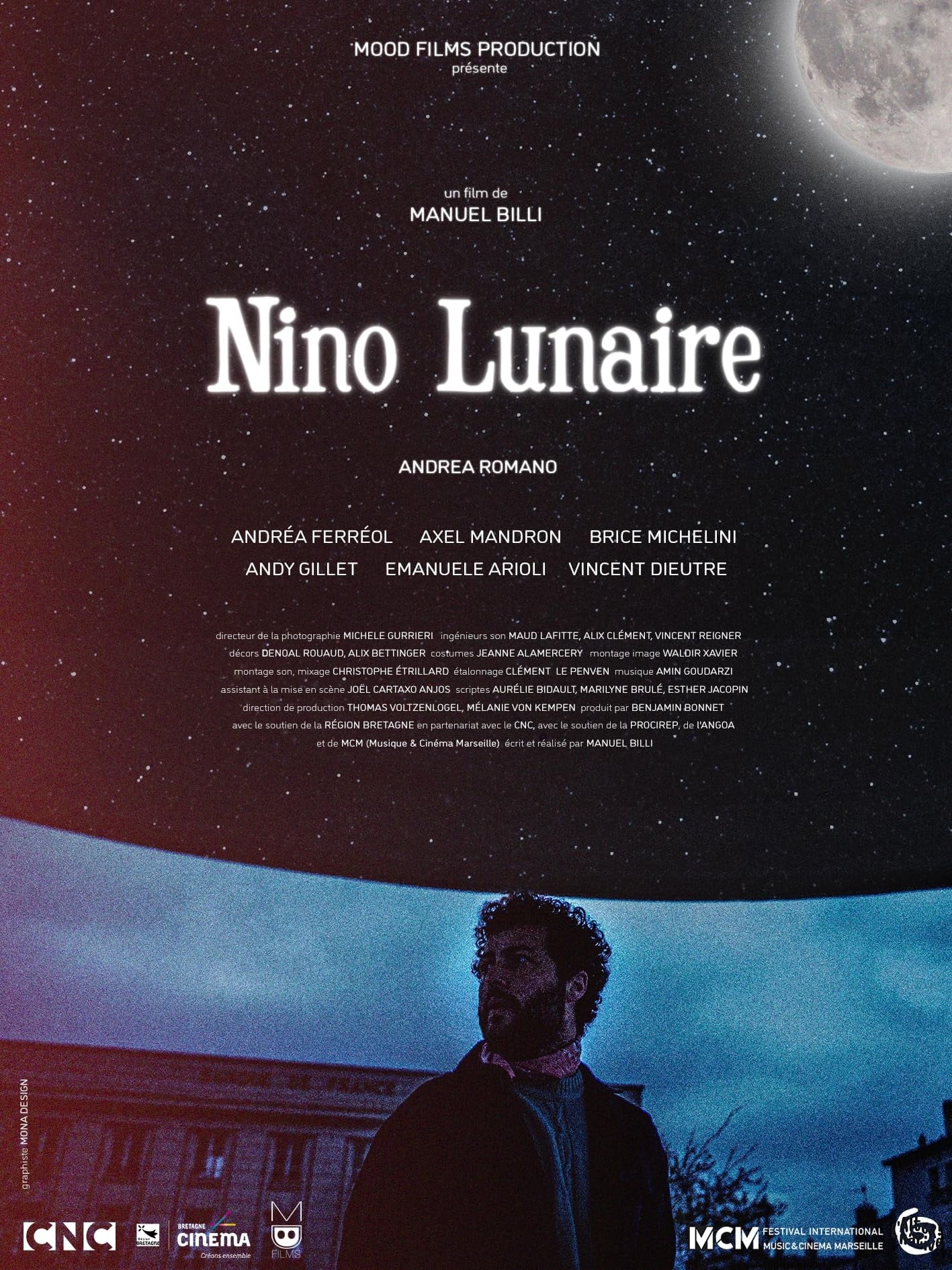
One spring evening, Nino, a young writer of flamboyant, kitschy melos, finds himself catapulted into the nightclub of a city on the edge of the world. How did he end up there? Between two drinks, under the benevolent gaze of Rosa, a philosophical barmaid, and Al, a young customer, memories of his incredible evening gradually surface, like fragments of a love film that has yet to find its ending.
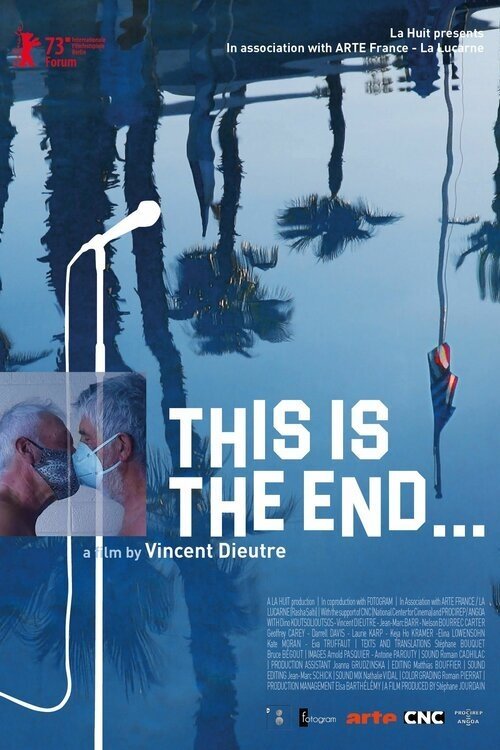
Road trips through Los Angeles, famous verses in the Poetry Lounge and love in times of the pandemic: Rendezvous with an old flame, fourty years later. After Jaurès (2012), Vincent Dieutre presents another tender autofictional piece in the Forum.
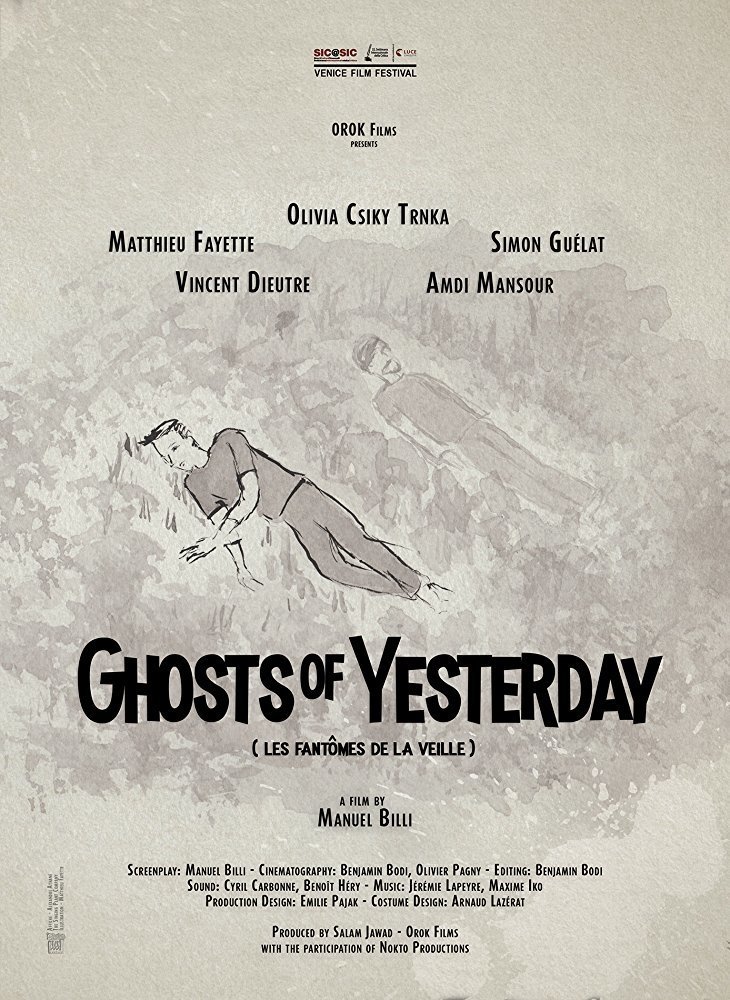
A shadow in the woods, a sunny summer afternoon. Antoine and Philippe part without saying goodbye. That same day, a blond girl writes their names on a window of her house. Her mission is to heal other people’s wounds, help lost lovers to forget or disappear.
A couple travels to Italy. During their trip, the state of their relationship becomes clear to them: They argue, take different paths and wonder whether to divorce. Vincent Dieutre has remade Viaggio in Italia and adapted it to his own life. Alex and Kate have become Alex and Tom, played by Vincent himself and his partner Simon. This new couple goes to the same places, experiences similar things, but their time in Naples is inevitably not the same. The city has changed, as has the nature of relationships, tourism has become more digital. As the two become increasingly alienated, Vincent the filmmaker moves through the city with his camera. He talks about how Rossellini’s film shaped him. We hear his thoughts about a remake, notes to himself, his discussions with a copyright lawyer. In Vincent and Simon’s world, much like that of Tom and Alex, the procession of the final scene gives way to a football match. What was still sacred back then becomes a riot here.

At the end of June in Paris: Mireille accompanies his friend Thomas, a solitary and restless being, during a walk to Père Lachaise. Thomas is very agitated, worried. He confides to Mireille that he wishes to be cremated in the event of death. In September: after a period of holidays, Mireille returns at her home. She and his friends do not any more manage to contact Thomas. After investigation, Mireille learns that Thomas died in August, only. As he has no family his body was interred in the square of the needy of the new cemetery of Thiais. Mireille wants to honor the last wills of his friend, but the law is strict: to dig up the body and cremate it, the services of the city hall have to have the signature of a member of Thomas's family. Mireille learns that Thomas had a younger brother, Melchior. But But the young man, marginalized, abandoned for years by his older brother, refuses to sign the licence to dig up.
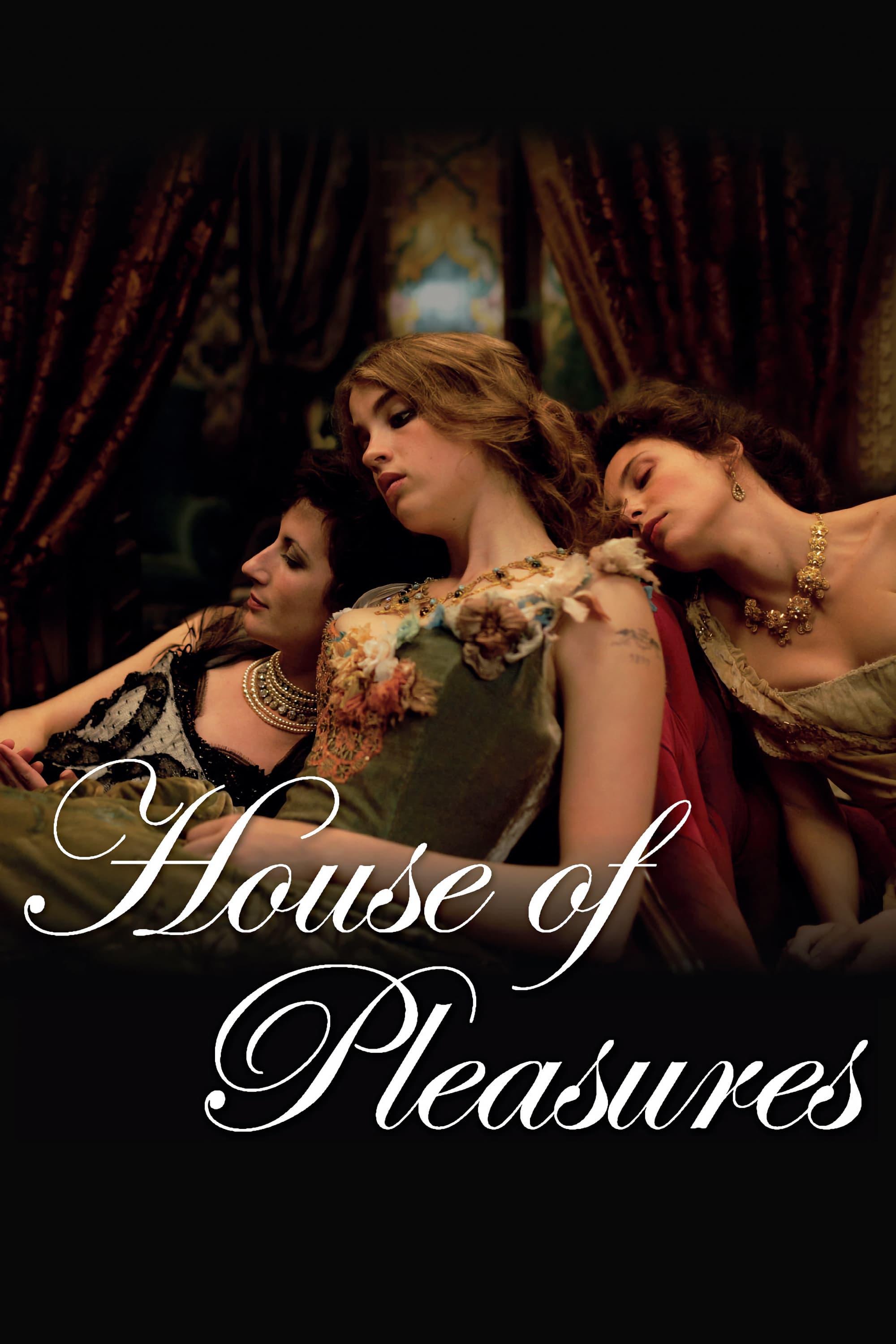
The dawn of the 20th century: L’Apollonide, a luxurious and traditional brothel in Paris, is living its last days. In this closed world, where some men fall in love and others become viciously harmful, the women share their secrets, their fears, their joys and their pains.
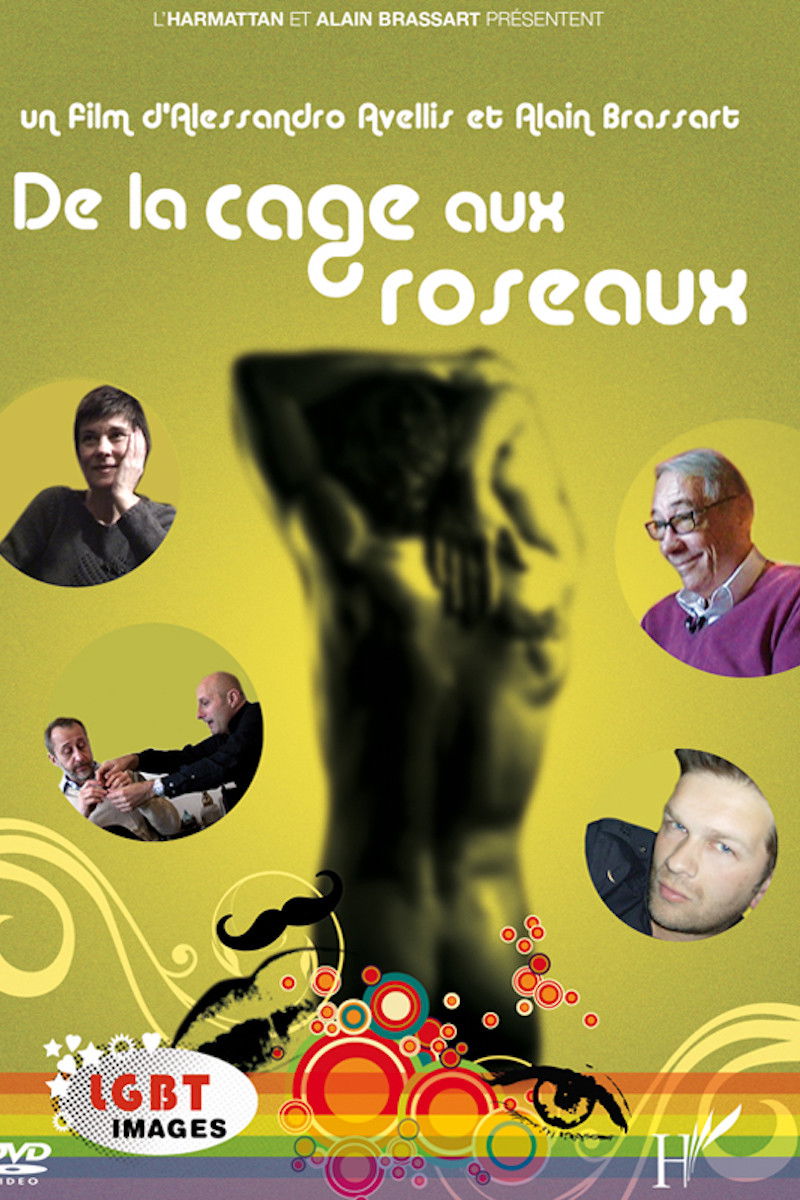
A journey into contemporary French cinema through a series of exclusive interviews with the leading figures of GLBT French cinematography: André Téchiné, Catherine Corsini, Gaël Morel, Olivier Ducastel, Jacques Martineau and other old acquaintances of our film festival. This documentary offers an interesting insight into the official and non-official cinema from the point of view of gender identity. A look behind the scenes: discussing issues like censorship and self-censorship, women' cinema and misogyny, transvestism and homo-eroticism, cinema d'auteur and popular cinema (was the Nouvelle Vague homophobic?). From past to present, from Jacques Demy to François Ozon.
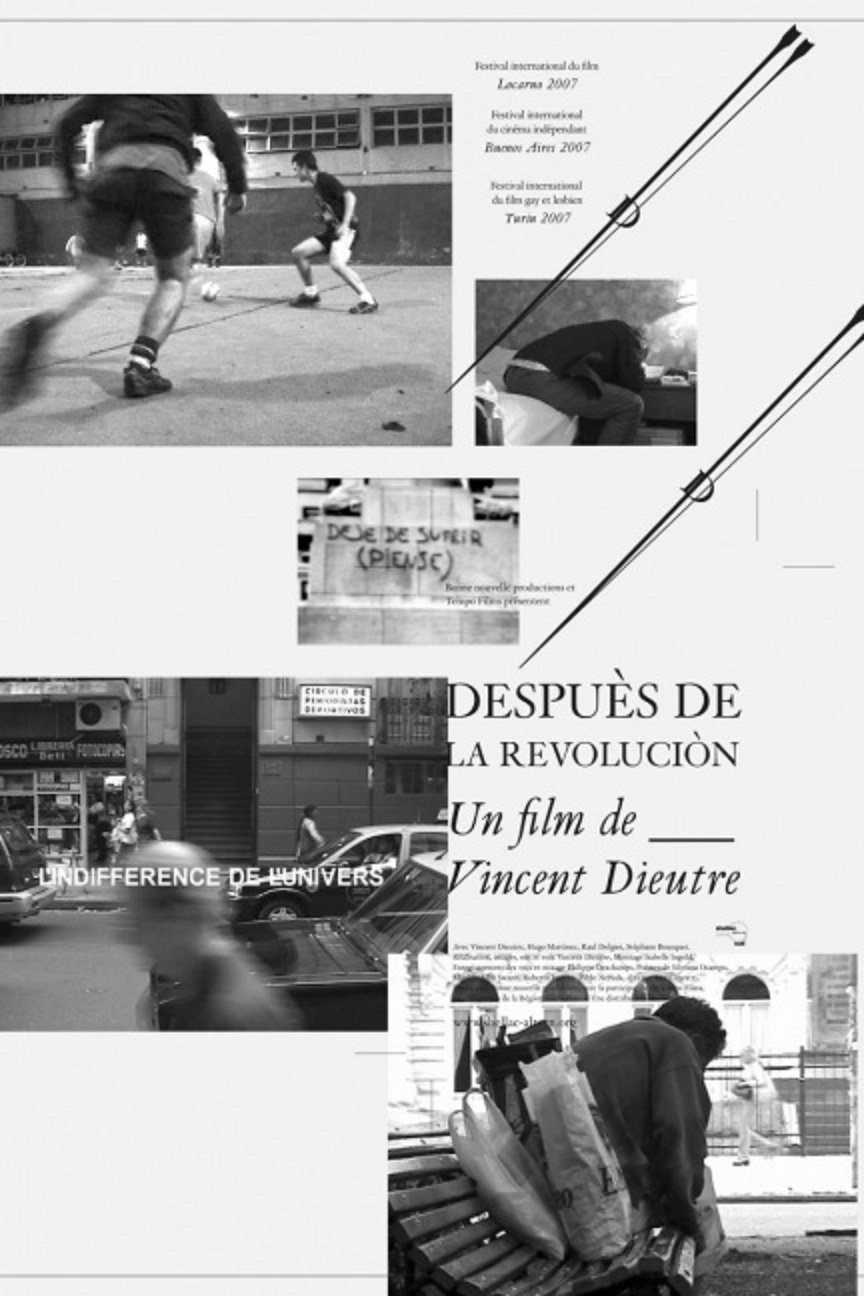
Staying in the Argentinian capital, Vincent Dieutre compares his memories of a Buenos Aires magnified by the Argentinians in exile at the end of the 1970s, and with whom he associated, with what the city offers him today. His film rings out like an adieu to the fantasies of the past, while fulfilling a promise: the unfailing welcome reserved for the poetic powers of the present.
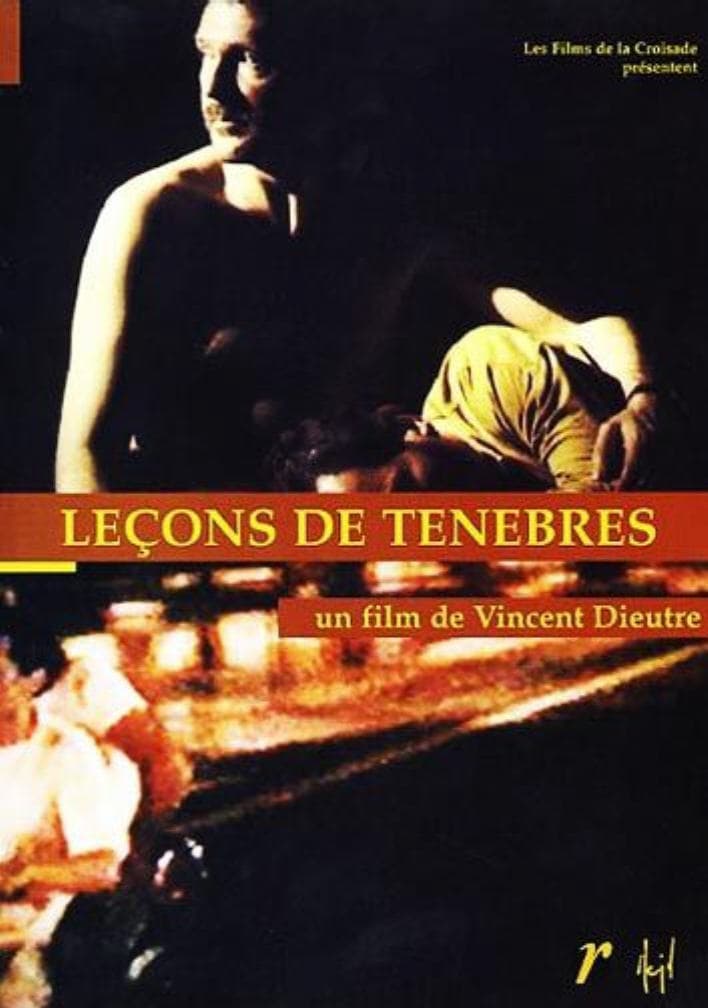
“The Nineties had a pretty bad start”, this is how Vincent Dieutre introduces us to the shadows of his personal universe in those years going through Utrecht, Naples and Rome. In these three cities and two love affairs guide a homosexual man on his nightly search for lost beauty. In a cross between a diary and a baroque play the film reconstructs the fragments of a fateful journey against a Caravaggio backdrop. Painting, sensuality, losing oneself in a cityscape: the Leçons de ténèbres form an obscure fresco, a white-hot collage of trashy vanity.
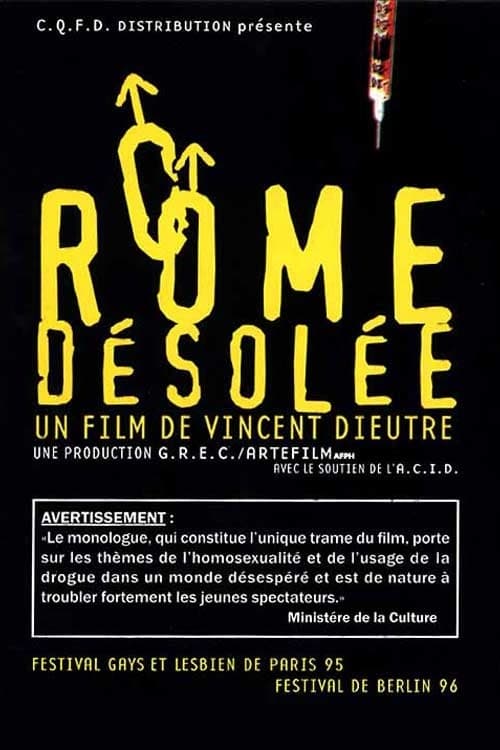
Chronicles of a male homosexual drug addict in 1980's in voice-over with long take scenes from Rome, television snippets of news of Gulf War and commercials.
From Wikipedia, the free encyclopedia Vincent Dieutre (born November 25, 1960 in Le Petit-Quevilly) is a French film director and screenwriter. His films are primarily in the genre of docudrama, blending aspects of both documentary film and fiction. He is openly gay. Description above from the Wikipedia article Vincent Dieutre, licensed under CC-BY-SA, full list of contributors on Wikipedia.
By browsing this website, you accept our cookies policy.